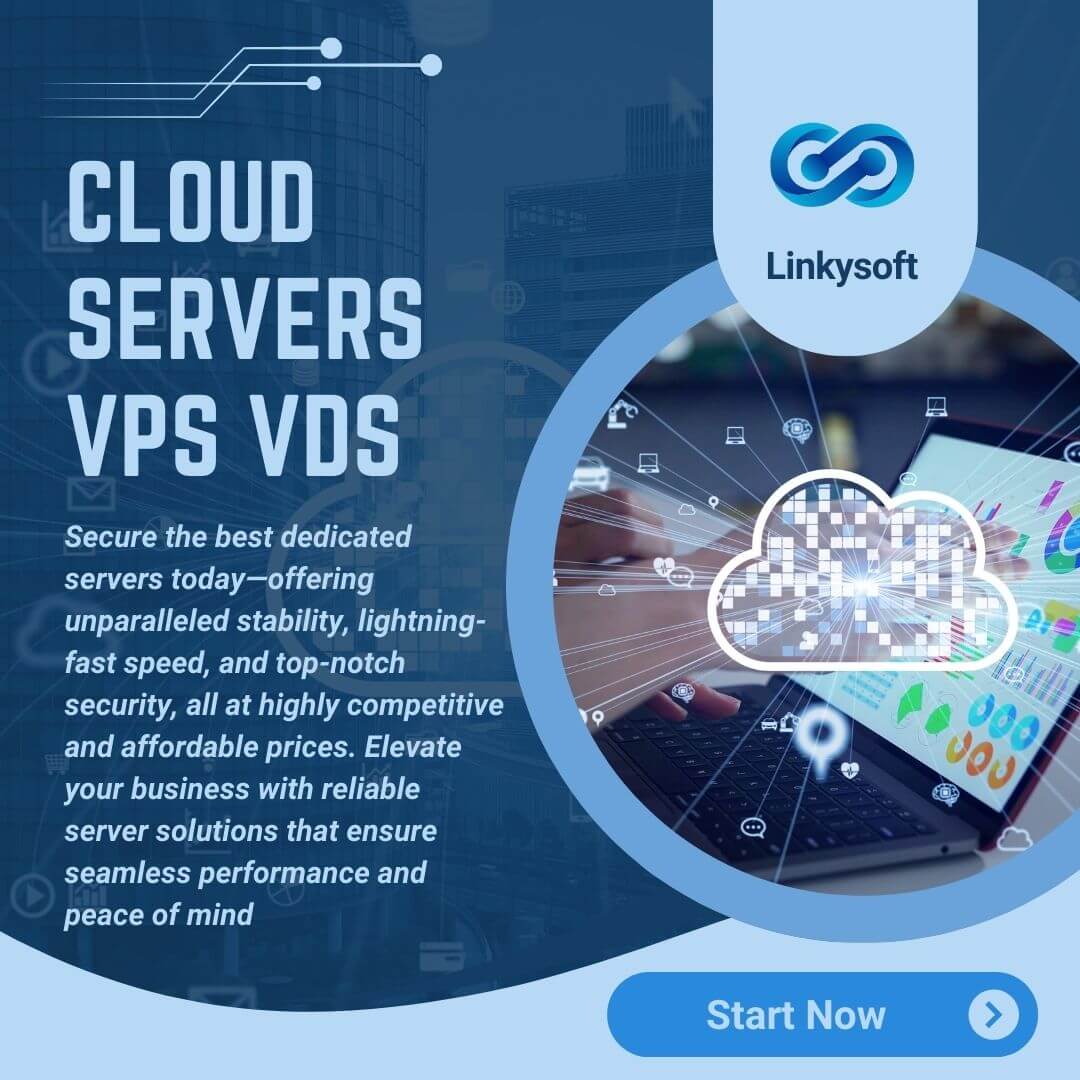Virtual Private Servers (VPS) are an excellent solution for companies and individuals who need dedicated server resources without the significant investment in a standalone physical server. In this detailed article, we will cover everything you need to know about VPS, from definition and features to uses and frequently asked questions.

What are Virtual Private Servers (VPS)?
Virtual Private Servers are a technology used to create independent copies of a single physical server, where each copy operates independently as if it were a separate physical server. This technology relies on virtualization software such as VMware, Hyper-V, or KVM to divide the physical server's resources (like CPU, memory, storage) among the virtual servers.
Features of Virtual Private Servers
1. Flexibility:
- Resource allocation based on user needs.
- Ability to change server resources quickly and easily without needing to restart the system.
2. Independence:
- Each virtual server operates as an independent system, meaning full control over the operating system and applications.
- Ability to run different operating systems on the same physical server.
3. Security:
- Each virtual server is isolated from the others, enhancing security.
- Separate security policies can be applied to each virtual server.
4. Cost:
- Lower cost compared to renting a standalone physical server.
- Dedicated resources without the need for significant investment in a physical server.
Uses of Virtual Private Servers
1. Web Hosting:
VPS is widely used for hosting websites due to its flexibility and ability to handle high traffic.
2. Email Servers:
Setting up a dedicated email server to manage email securely and efficiently.
3. Software Development:
A suitable environment for developers to test and develop their applications independently.
4. Database Hosting:
Running databases such as MySQL, PostgreSQL, and others efficiently.
5. Cloud Services:
Using VPS as part of a cloud infrastructure to provide services like cloud storage, cloud applications, and backup solutions.
6. Online Gaming:
Hosting game servers to provide a stable and high-performance gaming experience for players.
7. Business Applications:
Running critical business applications such as content management systems (CMS), customer relationship management (CRM), and enterprise resource planning (ERP) software.
Frequently Asked Questions about Virtual Private Servers (VPS)
1. What is the difference between VPS and Shared Hosting?
Shared Hosting: The physical server's resources are shared among many users, which can lead to performance degradation if one of the hosted sites experiences high traffic.
VPS: Specific resources are allocated to each virtual server, ensuring stable and consistent performance regardless of traffic on other sites.
2. How do I choose the right VPS provider?
Performance and Reliability: Check the stability and performance of the servers provided by the provider.
Technical Support: Ensure that 24/7 technical support is available.
Features and Cost: Compare different plans and features offered by each plan and ensure they meet your needs.
3. Can I run any operating system on VPS?
Yes, you can run any operating system on VPS, such as Linux, Windows, and others, as long as it is supported by the provider.
4. Can I upgrade VPS resources later?
Yes, you can upgrade VPS resources such as CPU, memory, and storage according to your needs without needing to shut down the system.
5. Is VPS suitable for small and medium-sized businesses?
Yes, VPS is suitable for small and medium-sized businesses because it provides a flexible and cost-effective solution with high performance and security.
Conclusion
Virtual Private Servers (VPS) provide a flexible and cost-effective solution for a wide range of uses. Whether you are looking to host a website, develop applications, run databases, or even host online games, VPS offers you the dedicated resources and high performance you need. With this technology, you can enhance the performance of your sites and applications without needing significant investment in physical servers.
If you have any additional questions or need assistance in choosing the right VPS, do not hesitate to contact service providers or a specialized technical consultant.








